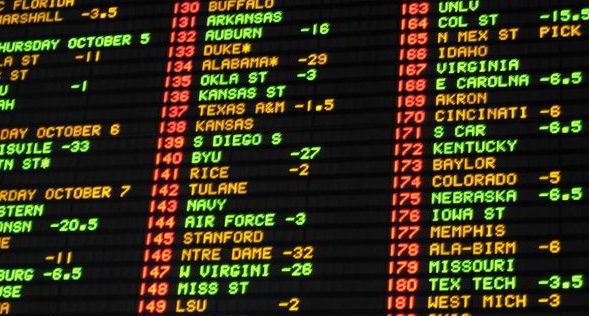






Kansas Is The Latest State To Consider Sports BettingCommittee Will Look At Any Proposed Legislation |
|
|
 Kansas is the latest state to show interest in legalizing sport betting, with officials eyeing the upcoming session in January as a starting point.
Kansas is the latest state to show interest in legalizing sport betting, with officials eyeing the upcoming session in January as a starting point.
This week, Kansas lawmakers are being encouraged to attend a special interim committee session on sports betting to start hammering out the details, according to The Tribune.
“I don’t want to skate on thin ice on something we don’t know anything about,” said Republican Senator and Committee Chairman Bud Estes. “If we start passing legislation for interest groups, we could make a real mess. We need to be educated. I’m not going to let my committee go out and pass a lot of legislation right out of the bag. We need to be smarter before we do it.”
While there hasn’t been any official legislation drafted, Kansas politicians will be debating the details any proposed bill, such as how to police fraud, finding the right tax rate, and whether the state will allow mobile betting apps.
A previous bill submitted by Republican Rep. Jan Kessinger this year received a hearing but failed to advance beyond that. That bill was projected to bring the state upwards of an additional $75 million annually.
Incoming Democrat Governor-elect Laura Kelly stated during her campaign that she was in favor of legalizing sports betting in the Sunflower State.
The state of Kansas has four commercial casinos which brought in $389.7 million in total gross gaming revenue in 2017, the largest haul since the market started in 2009. The 7 percent year-over-year growth was mostly thanks to the opening of the fourth casino in April. Casinos pay a 27 percent tax rate on revenue, which accounted for $105.2 million last year.
The U.S. now has eight states offering sports betting. Since the Supreme Court’s decision to overturn a federal ban, Nevada has been joined by New Jersey, Delaware, West Virginia, Mississippi, New Mexico, and most recently, Pennsylvania and Rhode Island, with dozens of other states considering it.
